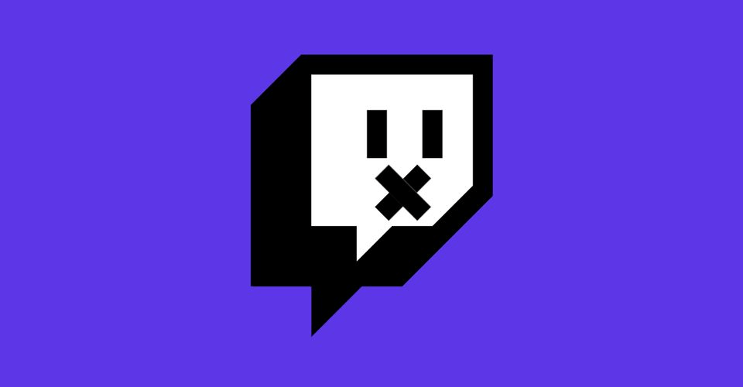By: Donald J Slater Jr.
As more people were pushed to stay inside due to the beginning of the global pandemic in the spring of 2020, they began tuning into and starting their own Twitch live streams. Twitch is a digital media platform that allows for content creators to livestream themselves doing things ranging from playing video games and painting all the way to working out and cooking. Some content creators on the platform make fulltime careers out of livestreaming as they are able to form their own subscription-based communities within their respective channels.
Furthermore, the more adamant fans are able to directly donate to or “tip” their favorite content creators directly. Some streamers have even seen life changing donations amounting to tens of thousands of dollars. Streamers tend to have music playing as ambience in the background during livestreams which is why the recent enforcement of the Digital Millennium Copyright Act (“DMCA”) has had many content creators concerned about the quality of their streams without popular music.
DMCA is a collection of United States laws that govern the creation and sharing of content on digital platforms such as Twitch. This set of laws has existed on the books since 1998 and was officially implemented at the turn of the new millennium in 2000. Three main goals of the DMCA were to; (1) protect access to or copying of a copyrighted work; (2) provide web hosts and internet service providers a safe harbor from copyright infringement claims; and (3) criminalizing false copyright management information. In the summer of 2020, the Recording Industry Association of America issued almost 2,000 copyright notifications to Twitch streamers which was an almost 50% uptick from the number of notices issued in the three years prior.
In an effort to avoid any lawsuits, Twitch acted as swiftly as possible in deleting any infringing content from their website. In the past, Twitch has simply muted parts of archived videos with copyrighted music. This time, streamers suddenly had many of their archived videos deleted while others began receiving multiple DMCA notifications resulting in suspensions or bans from the platform randomly. The Twitch community fell into a spiral of confusion during which many content creators began streaming without any music as the fear of possibly losing their channel set in.
If a streamer receives enough DMCA “strikes” on their account, they could see themselves suspended or permanently banned from streaming platform. Prior to May of 2020, streamers averaged less than 50 DMCA notifications a year, however, since then major record labels have begun sending thousands of DMCA notifications to content creators each week targeting not only livestreams but saved and archived videos of past broadcasts as well.
The sudden surge of DMCA strikes surprised even Twitch itself but the platform was compelled to comply with the DMCA and provided tools for streamers to be able to delete entire batches of archived videos of past broadcasts simultaneously. Many streamers, even after deleting thousands of hours of content, received DMCA notifications anyway as even though the videos had been deleted, they were still stored on Twitch’s internal servers which left many streamers feeling unprotected even after complying with what they were supposed to do.
Streamers have had to adjust to life after the newly rejuvenated push to enforce the DMCA by not playing music unless they owned all the rights to it. There isn’t much middle ground to be found with this issue as content creators risk their entire careers being erased if a small clip of copyrighted audio is played. Hindsight would likely have seen Twitch making it against their own rules to stream copyrighted music in the first place and having an education system in place for streamers to have never had to deal with this. However, Twitch now finds itself in the unique situation of having to try and protect their biggest names from being caught in the next DMCA sweep of the platform and preventing this from being an issue in the future.
Many streamers have resorted to using copyright free music, primarily from independent artists, which is less likely to be known to viewers but can provide a desired ambience to a stream. More creative streamers have created their own music to use or have even reached out to up and coming musicians who don’t have record deals to work out a mutually beneficial arrangement to allow music to be played on stream for a crowd that otherwise would not be exposed to it. While the Twitch streaming community works on adjusting to the new norm, this is a prime opportunity for the platform to reflect on more ways to protect its streamers.
Student Bio: My name is Donald Slater Jr., I go by “Slater” and along with being a law student I am a former esports competitor. Though I never made it to the biggest stages with the bright lights, my passion for the sport has only grown stronger and has sparked an interest in the laws revolving around it. This time, I took a dive into an often overlooked area of mental health within the gaming community.
Disclaimer: The views expressed in this blog are the views of the author alone and do not represent the views of JHTL or Suffolk University Law School.

